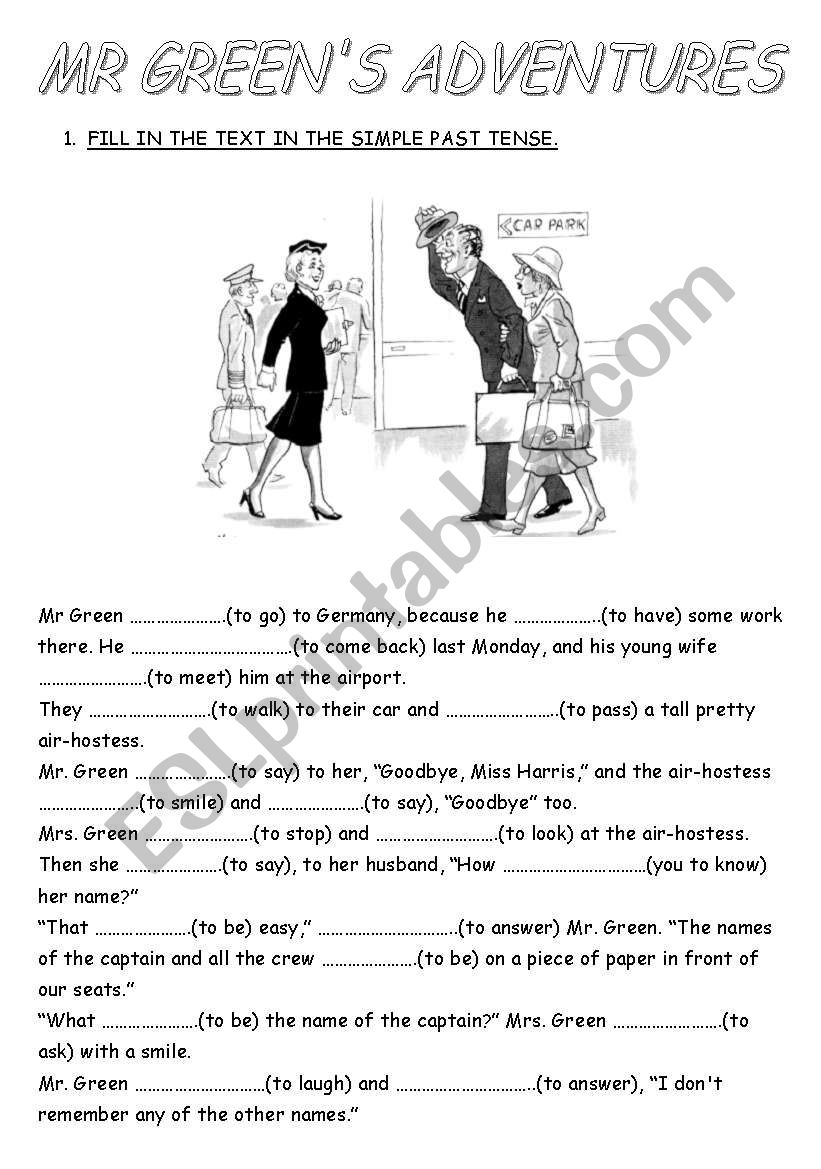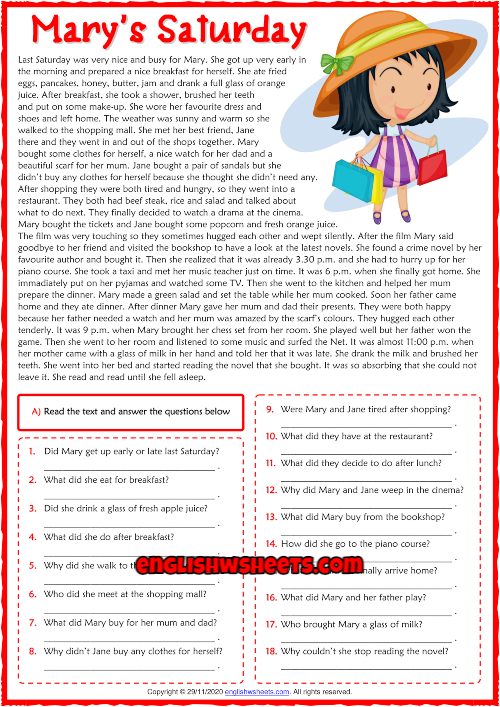

However, for each of the past, present, and future tenses, there are four different aspects that add additional details. The past and future tenses often require changes or additions to the root form, such as the suffix – ed for the past tense and the modal verb will for the future. The standard tense in English is the present tense, which is usually just the root form of the verb. Verb tenses list: How many tenses are there in English? These grammatical aspects are the simple tense, perfect tense, continuous tense, and perfect continuous tense. There are also additional aspects that give extra details, such as the length of time the action occurred, which actions happened first, or whether a past action has an impact on the present. The main verb tenses are the past, present, and future. Verb tenses show when an action took place, as well as how long it occurred.
Past tense of read how to#
In most cases, if you are unsure how to pronounce a word, you can consult a dictionary.Grammarly helps you communicate confidently Write with Grammarly What is a verb tense? We hope this blog post helped clear any confusion around the pronunciation of the word “read.” As a heteronym, it can be pronounced in two different ways depending on the context. I read your email as soon as I received it.Students have to read this book until class next week.Can you hand me that red book? (color of the book).Let’s look at some examples of how to use these two words in a sentence: These two words are not homophones because they have different pronunciations, even if they are written the same. Its presence often paints an emotional state associated with warmth or courage, while its absence may indicate sadness or fear. Throughout various cultures, it has served as a distinguisher between life and death, good and bad, warring nations and powerful entities. Red is commonly associated with love, danger, strength, power, determination, and passion. “Red” is a hue at the far end of the visible light spectrum, classified as one of the primary colors due to its ability to combine with other colors to create many shades. The correct form of this expression is “read a book.” Writing “I red a book” is incorrect. The correct form is “should have read.” The word “read” serves as the past tense of the verb “read,” and it is pronounced the same way as the word “red.” Is It Read a Book or Red a Book? Others point out that if it were phonologically and orthographically appropriate, this would be a convenient shortcut for native English speakers and could reduce ambiguity in certain contexts. It has been a longstanding debate as to whether the past tense “read” should be pronounced with the same vowel sound component as “red.” Some linguists argue that pronouncing the two words identically would confuse the words in spoken communication. These somewhat unusual verb forms can pose a major challenge for students trying to learn English grammar, but their usage is quite common, so they must be mastered.

While regular verbs can be conjugated with the same pattern, irregular verbs have more varied endings and may have different spelling changes when conjugated. Irregular verbs in English are verb forms that do not conform to the usual rules and patterns of conjugation.

I know, super confusing, but I’ll break it down for you as best I can. Believing the past tense of read is red is incorrect. “Read” is an irregular verb whose present and past tenses are written the same. Interestingly, this similarity in pronunciation developed to make English easier to understand by reducing the number of sounds required to produce words. Red and read sound the same if the word read is in the past tense. Meanwhile, the word “red” is an adjective that describes a color. The word “read” is a verb that refers to the action of interpreting written language. “read” is on your to-do list, then keep reading. In my short guide, I’m taking a closer look at these two similar-sounding words, exploring how they differ in meaning and how you can use each correctly in conversation.


 0 kommentar(er)
0 kommentar(er)
